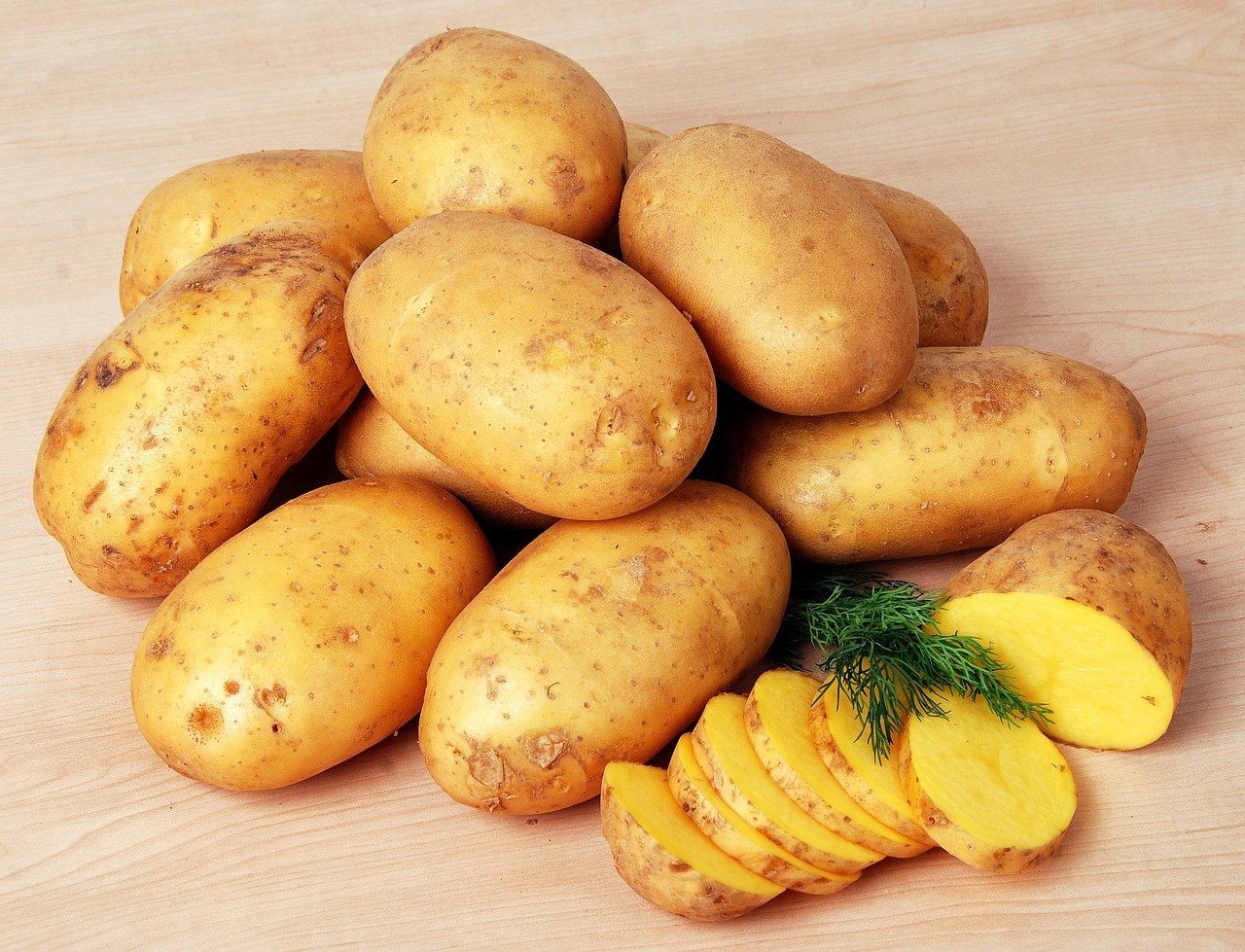Potatoes often get a bad reputation in diabetic diets, but nutrition experts suggest they don’t need to be completely off-limits. While these starchy vegetables can impact blood sugar levels, the right preparation and portion control can make them occasional part of balanced meals for people with diabetes.
Nutritionist Amita Gadre explains that potatoes contain fast-digesting starch that can cause blood sugar spikes. However, choosing the right variety makes a difference – sweet potatoes and waxy types like Carisma or Nicola have a lower glycemic index than traditional white potatoes.
For healthier potato consumption, expert recommend:
- Opting for baking, boiling or roasting instead of frying
- Pairing with protein (like chicken or lentils) or fiber-rich vegetables
- Keeping portions small (about ½ cup cooked)
- Adding spices like turmeric or cinnamon for flavor without calories
The cooking method significantly affects how potatoes impact blood sugar. Boiled and cooled potatoes develop resistant starch, which digests more slowly. Combining potatoes with other foods also helps slow digestion and prevents sudden glucose spikes.
While potatoes shouldn’t be a daily staple for diabetics, they can be enjoyed occasionally as part of thoughtful meal planning that prioritizes blood sugar control.





















